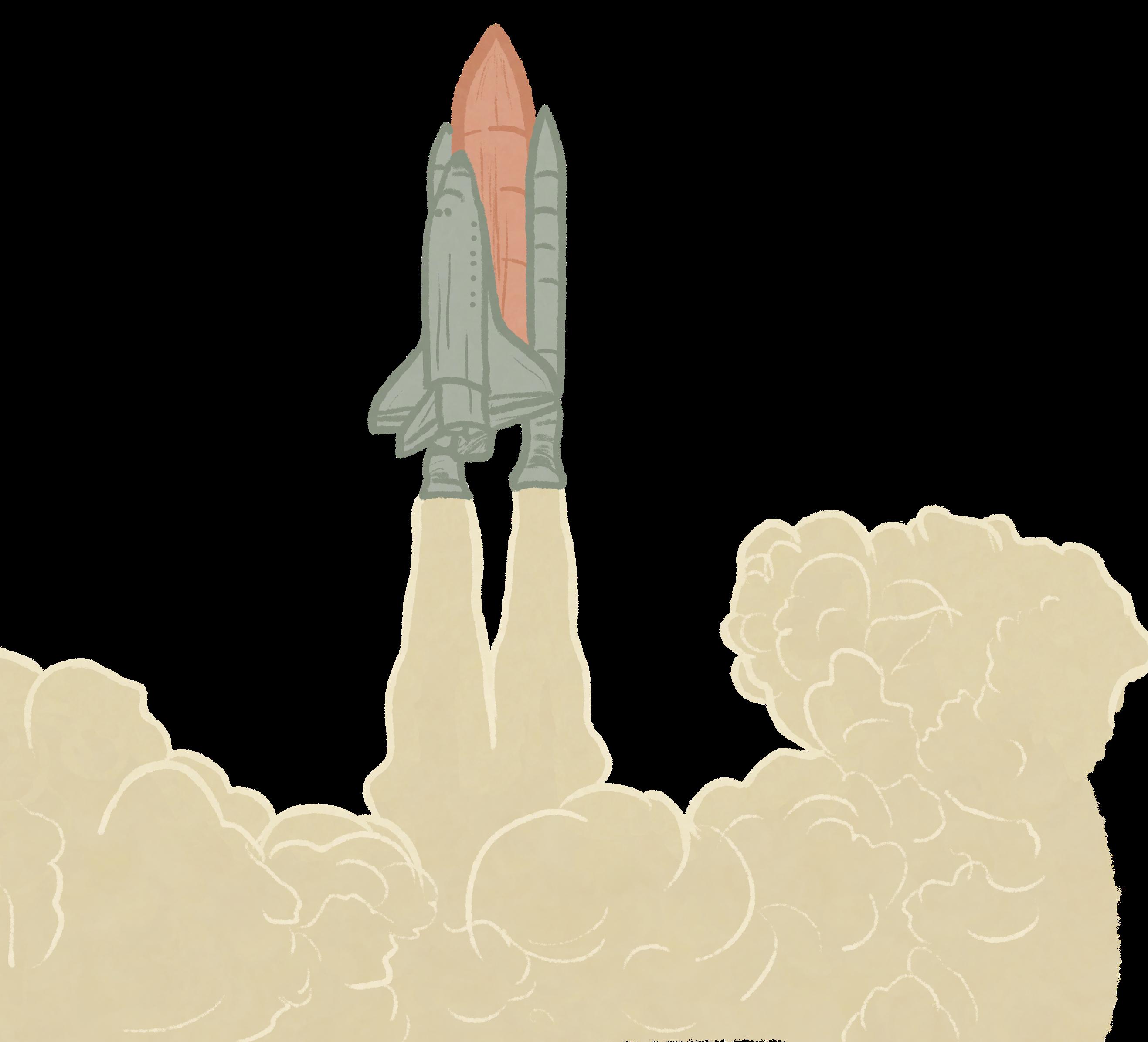THE ENVIRONMENTAL COST OF COVID-19:
A PLASTIC PANDEMIC
By Angela Zhu, Jericho Senior High School While the COVID-19 virus has halted economies and separated families around the world, it has unintended yet devastating consequences on the environment in the form of plastic. From masks to gloves, the personal protective equipment (PPE) that is necessary in the fight against the pandemic is piling up in landfills and polluting oceans. While many other industries have been on the decline during the pandemic, manufacturers of plastic have seen their demand and production increase (1). Everyday, an estimated 1.6 million tonnes of plastic are generated (2). Globally, almost 130 billion face masks are disposed of monthly, making the rate of usage over 3 million masks per minute (3). Furthermore, plastic pollution doesn’t just come from biomedical wastes, common conveniences like delivery cartons and plastic bags also contribute greatly to the rise in consumption. Many cities, like California, postponed mandates for using reusable bags out of precaution that they would more easily transmit the virus. In part, the growth of plastic usage has been due to public perception of its ability to resist COVID-19 transmission. However, public perceptions are often misinformed, as leaders of the plastic industry misuse research to induce fear about using reusable alternatives or promises of recycling. In fact, companies are aware that recycling will likely not address the problem of plastics, however, they continue to push out campaigns highlighting the efficacy of recycling in order to give consumers the illusion that they are more environmentally friendly. Despite promises of large sums of money being allocated to plastic recycling and resusage, many plastic wastes that do not have established or cheap recycling methods ended up in landfills. With less than 10% of plastic actually being recycled, everyday items like PVC containers and food-stained packaging only continue to pollute the environment (1). The plastic problem has actually been worsened due to the pandemic. Because of the unexpected nature of the pandemic, the sudden surge in single-use plastics that pile up in landfills and litter seabeds is on track to reverse the global momentum to reduce pollution (2). Masks have decorated the faces of people across the world, but now studies are showing that they are also invading beaches and oceans. In 2020 alone, over 1.5 billion face masks polluted the oceans, causing plastics to harmfully affect marine health and also our own (4). What’s more concerning is that the sudden surge in PPE waste may pose a threat since companies were not prepared to properly manage them (5). The production of masks rivals that of plastic bottles, but with one major difference - there are no guidelines
for recycling masks. Because of the lack of regulations after their sudden boom in usage, researchers are concerned about the environmental impacts that they have. Single-use masks are made of plastics that are not readily biodegradable and can splinter into microplastics which negatively affect the health of ecosystems. The fibers that form face masks may make them prone to releasing more microplastics in a short period of time compared to plastic bags (3). Moreover, the toxins created by plastic face masks extend beyond microplastics, as researchers found that the dyes used in face mask production contain traces of potentially toxic heavy metals. Especially with face masks b e i n g submerged under water, the heavy metals can easily accumulate in aquatic systems (4). With plastics entering oceans and other natural environments, plastics have also made their way into the food chain. As animals ingest mi-
croplastics, the process of trophic transfer causes plastic-produced toxins to accumulate, ultimately ending up in our plates (5). Plastics are undoubtedly harmful for the environment, especially in regards to ocean and wildlife health. However, plastic also plays a gargantuan role throughout society,
YIWC
42





